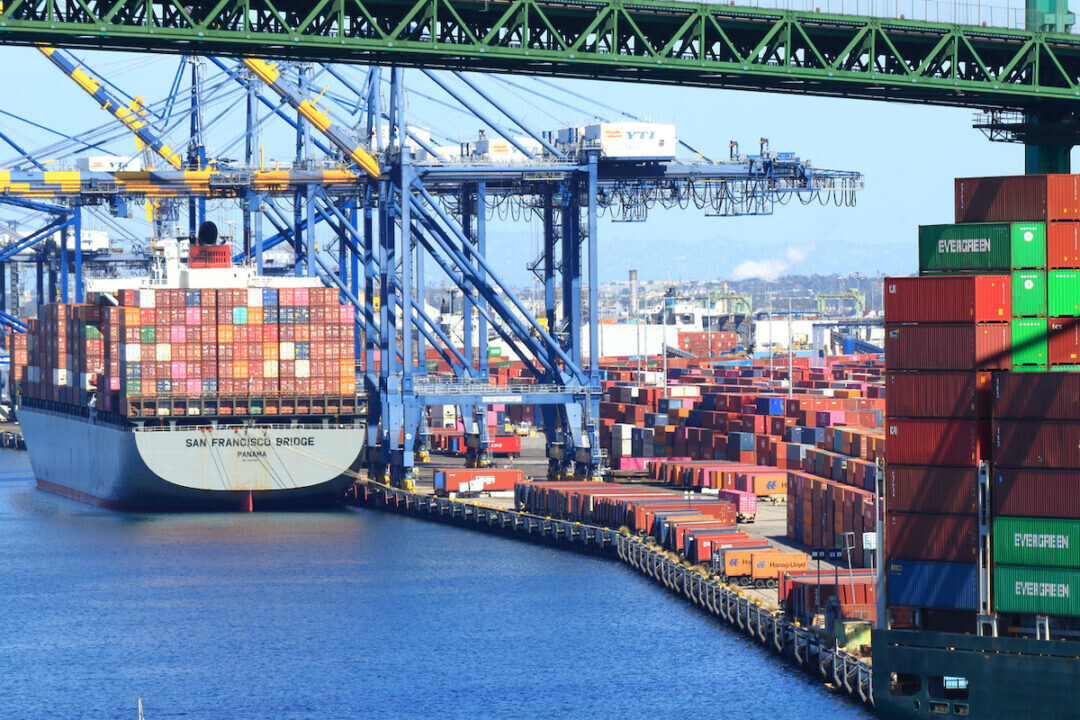
The Maritime and Port Authority of Singapore (MPA) and the Port of Rotterdam Authority have signed a cooperation agreement to further strengthen their efforts in establishing the Rotterdam-Singapore Green and Digital Shipping Corridor.
The agreement builds upon the successful outcomes of the shipping corridor since its launch in 2022, which has become a key driver for maritime decarbonization and digitalization.
To date, the two ports have engaged 28 partners across the container shipping value chain, promoting the adoption of sustainable fuels and implementing digital solutions to enhance efficiency along the 15,000-kilometer shipping route. The joint goal is to reduce greenhouse gas emissions from large container vessels operating on the corridor by 20-30% by 2030 and to accelerate the adoption of global standards and solutions that facilitate efficient port calls, cargo flow, and paperless processing.
Boudewijn Siemons, CEO of the Port of Rotterdam Authority, stated, "By bringing relevant parties together across the entire value chain, the Rotterdam-Singapore Green and Digital Shipping Corridor has taken valuable first steps towards the decarbonization of international shipping, while also contributing to improved trade efficiency and the setting of new industry standards. We look forward to continuing this work with the Maritime and Port Authority of Singapore."
To support maritime decarbonization, the collaboration will focus on accelerating the trial and adoption of sustainable fuels, ensuring their availability, affordability, and acceptance for large-scale use. Particular emphasis will be placed on bio and e-ammonia, methanol, and methanol-derived fuels, with working groups established for each fuel type.
Since 2022, several leading pilot projects have been conducted, including the first successful bunkering of mass-balanced liquefied biomethane in the Port of Rotterdam. Similar trials are planned in Singapore in 2025.
Other achievements include the completion of a well-to-wake Greenhouse Gas (GHG) assessment of green ammonia as a marine fuel and strong support for the development and implementation of the International Association of Ports and Harbors (IAPH)'s Port Readiness Framework, which assesses ports' preparedness for sustainable marine fuels.
In the next phase, both partners plan to conduct further research and trials on the bunkering of biomethane, methanol, and ammonia to support their future use in the shipping corridor. They also aim to develop and mobilize financial products to address the cost barriers associated with the use of low- and zero-carbon fuels.
In the area of digitalization, the two ports have successfully conducted inter-port data exchange trials for vessel arrival and departure time data. This effort, in support of the International Maritime Organization (IMO)'s digital initiatives, aims to optimize vessel arrival planning and port operations between Singapore and Rotterdam.
The ports have also established a ship-to-shore data exchange infrastructure for the efficient and secure submission of port clearance information. This saves time through automated data filling and minimizes data entry errors. The first phase of trials using global standards and digital solutions commenced in March 2025, with enhanced solutions to be tested in the second half of 2025.
Teo Eng Dih, Chief Executive of MPA Singapore, said, "The continued progress through the Singapore-Rotterdam Green and Digital Shipping Corridor demonstrates the role of public-private partnerships in translating decarbonization and digitalization initiatives from ideas to implementation. We look forward to collaborating with more partners to impact one of the world's busiest shipping lanes and accelerate the decarbonization and digitalization of the maritime industry."
[Copyright (c) Global Economic Times. All Rights Reserved.]



























